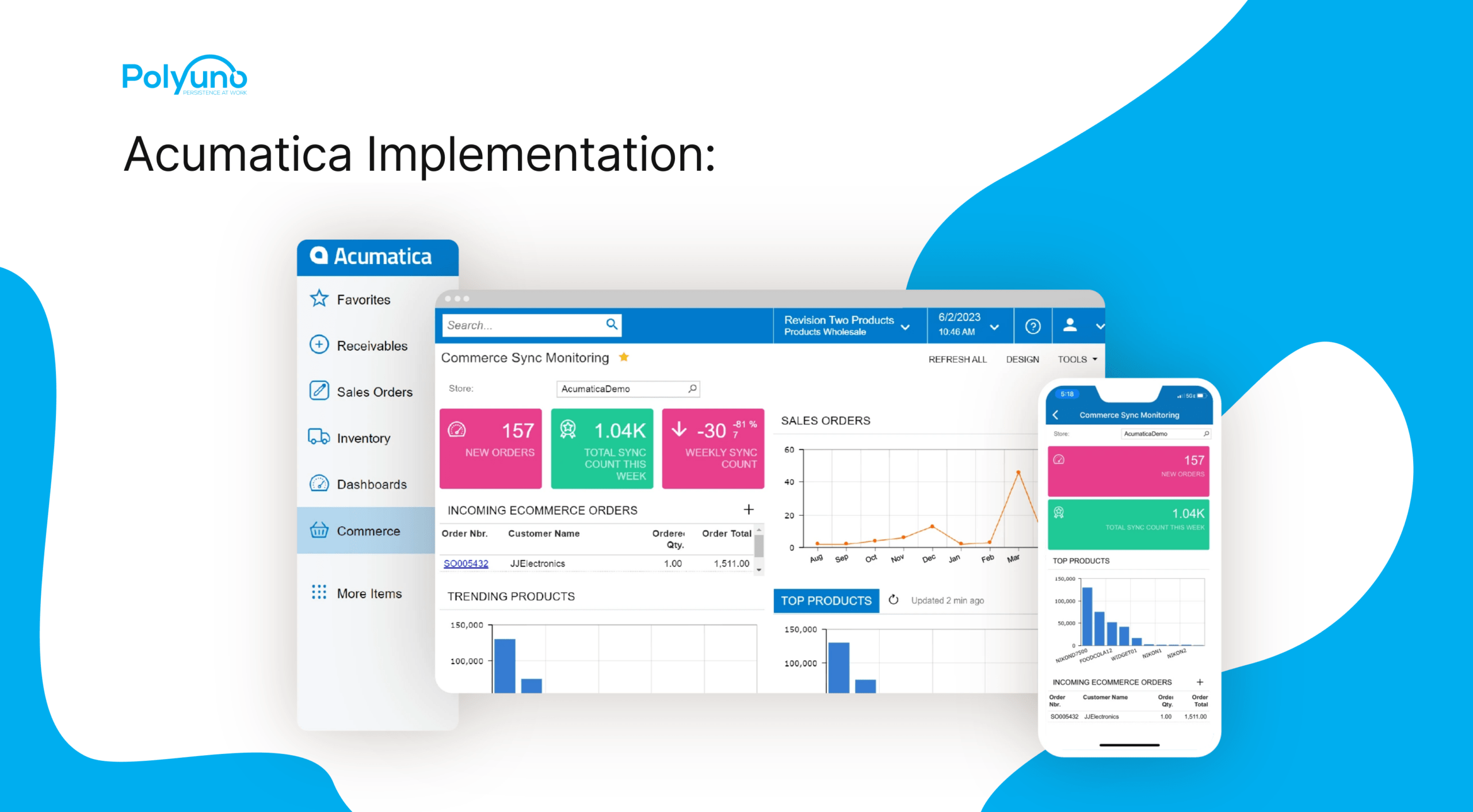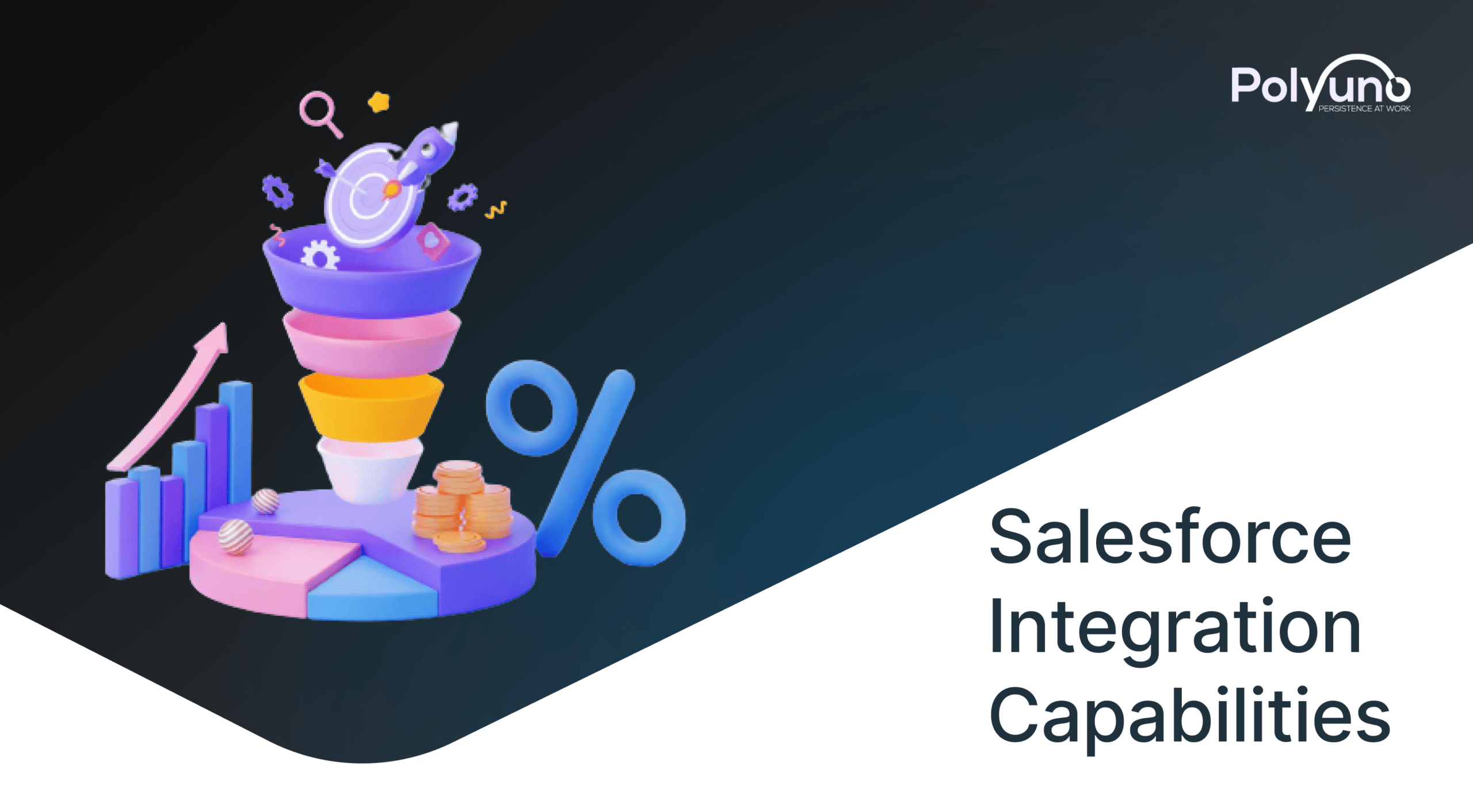Integration with Salesforce: Salesforce integration has become a buzzword in the business world, with more and more companies adopting the platform to streamline their business processes. Salesforce integration refers to the process of connecting Salesforce CRM with other applications and systems to create a unified view of customer data. By integrating Salesforce with other tools and applications, businesses can automate workflows, improve efficiency, and gain valuable insights into customer behavior.
Understanding Salesforce integration is essential for businesses that want to take full advantage of the platform. With Salesforce integration, businesses can consolidate customer data from multiple sources into a single view, eliminating the need for manual data entry and reducing errors. Additionally, Salesforce integration can help businesses automate tasks such as lead capture, customer service, and sales follow-up, freeing up time for employees to focus on higher-value tasks.
Key Takeaways:
- Salesforce integration is the process of connecting Salesforce CRM with other applications and systems to create a unified view of customer data.
- Salesforce integration can help businesses automate workflows, improve efficiency, and gain valuable insights into customer behavior.
- By partnering with software development services from Polyuno, businesses can customize their Salesforce integration and take advantage of advanced features and third-party integrations.
Understanding Salesforce Integration
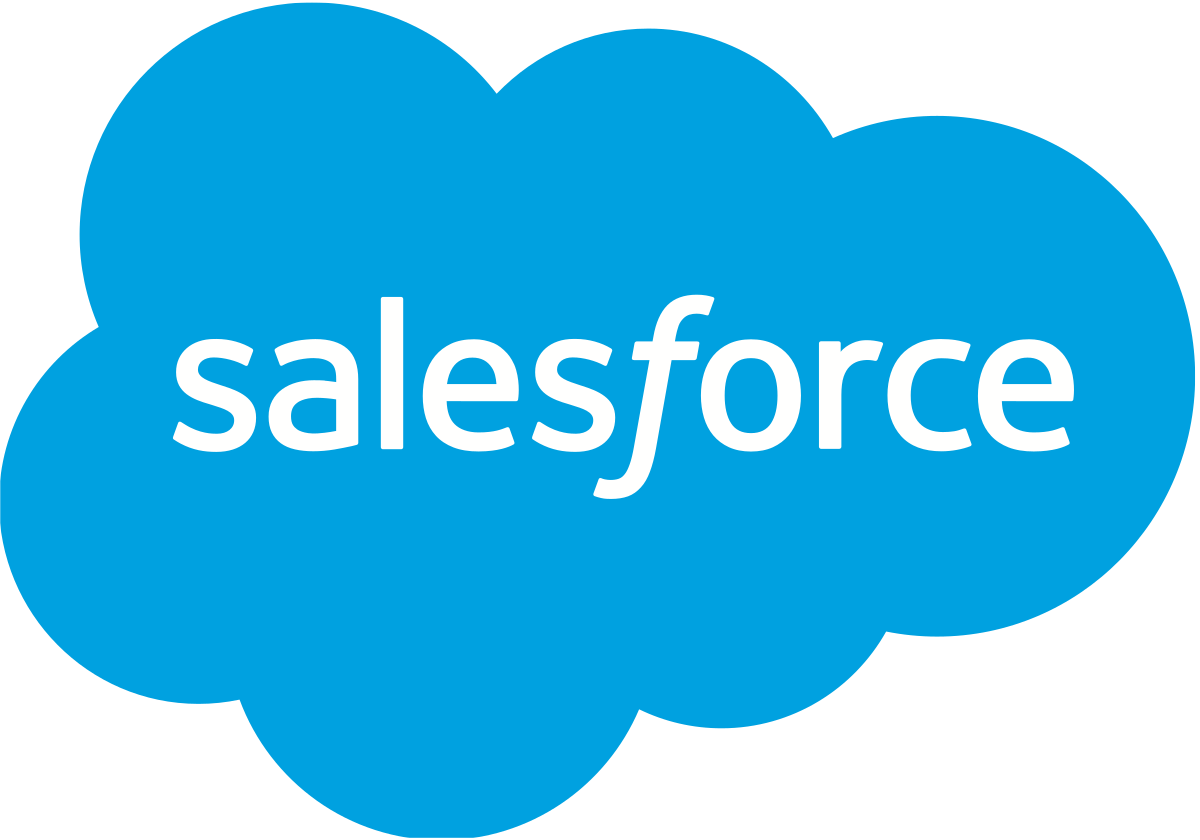
Salesforce is a popular customer relationship management (CRM) platform used by businesses of all sizes to manage their customer interactions. Salesforce integration refers to the process of connecting Salesforce with other systems or applications to streamline business processes, improve data accuracy, and enhance customer experiences. In this section, we'll discuss the role of Salesforce as a CRM and the importance of data in Salesforce integration.
Salesforce as a CRM
Salesforce is a powerful CRM platform that allows businesses to manage their customer interactions, sales processes, and marketing campaigns in one place. It provides a wide range of tools and features to help businesses automate their workflows, track customer interactions, and gain insights into their customers' behavior. Salesforce is also highly customizable, allowing businesses to tailor the platform to their specific needs.
The Role of Data in Salesforce
Data is at the heart of Salesforce integration. Integrating Salesforce with other systems allows businesses to bring together data from different sources, creating a more complete picture of their customers and their interactions with the business. This can help businesses make more informed decisions, improve customer experiences, and increase sales.
Notifications are another important aspect of Salesforce integration. By setting up notifications, businesses can stay informed of important events and changes in their Salesforce data. This can help them respond quickly to customer needs and identify opportunities for growth.
In summary, Salesforce integration is a powerful tool for businesses looking to streamline their processes, improve data accuracy, and enhance customer experiences. By leveraging the right tools and processes, businesses can create a more complete picture of their customers and their interactions with the business, leading to better decision-making and increased sales.
Benefits of Salesforce Integration
Integrating Salesforce with other databases and applications can bring numerous benefits to businesses. Here are some of the key advantages of Salesforce integration.
Improved Data Accessibility
One of the most significant benefits of Salesforce integration is improved data accessibility. By integrating Salesforce with other databases and applications, businesses can consolidate their data and make it easily accessible to their users. This can help businesses to streamline their workflows and improve their productivity.
Enhanced Customer Service
Salesforce integration can also help businesses to enhance their customer service. By integrating Salesforce with other applications, businesses can provide their users with a 360-degree view of their customers. This can help them gain insights into their customer's needs and preferences and provide them with more personalized services.
For example, if a business integrates Salesforce with a REST API, it can access customer information from its website or mobile app in real time. This can help them provide their customers with more personalized services and improve their experience.
In addition, integrating Salesforce with other applications can help businesses to automate their workflows and reduce manual tasks. This can help them improve their efficiency and provide faster and more accurate customer service.
In summary, integrating Salesforce with other databases and applications can bring numerous benefits to businesses, including improved data accessibility and enhanced customer service. By consolidating their data and automating their workflows, businesses can improve their productivity and provide more personalized services to their customers.
Salesforce Integration Tools
Salesforce Platform offers a wide range of integration tools allowing businesses to connect seamlessly with external systems. These tools enable sales reps to access critical data from various sources, including legacy systems, social media platforms, and cloud-based applications. This section'll explore two of the most popular Salesforce integration tools: AppExchange and Analytics.
AppExchange for Integration
AppExchange is Salesforce's marketplace for enterprise apps, including integration tools. It offers a range of pre-built connectors and APIs that allow businesses to integrate Salesforce with other systems quickly. With over 5,000 apps available on AppExchange, businesses can find the right integration tool for their needs.
Analytics for Data Insights
Salesforce Analytics provides businesses with insights into their data, allowing them to make informed decisions. With Salesforce Analytics, businesses can create custom reports and dashboards that provide real-time insights into their sales, marketing, and customer service operations. This tool allows businesses to identify trends, track performance, and measure the effectiveness of their campaigns.
Salesforce Analytics also offers integration with other systems, such as Google Analytics and Adobe Analytics. This integration allows businesses to combine data from multiple sources, providing a more complete picture of their operations. This tool allows businesses to make data-driven decisions that improve their bottom line.
In conclusion, Salesforce Platform offers businesses a range of integration tools that allow them to connect with external systems seamlessly. AppExchange provides a marketplace for enterprise apps, including integration tools, while Analytics provides businesses with insights into their data. With these tools, businesses can streamline their processes, improve their operations, and make informed decisions.
Integration with ERP and HR Systems
Salesforce's integration capabilities extend beyond just customer data. Businesses can integrate data from disparate systems such as ERP and HR with the Salesforce platform to create a unified view of their operations. This integration can help optimize business processes and provide managers with a holistic view of their organization.
Integration with SAP

SAP is one of the most widely used ERP systems in the world. Integrating SAP with Salesforce can help businesses streamline their operations and improve their customer experience. Businesses can easily integrate SAP data into their Salesforce environment using its robust tools and powerful APIs.
Integration with Oracle
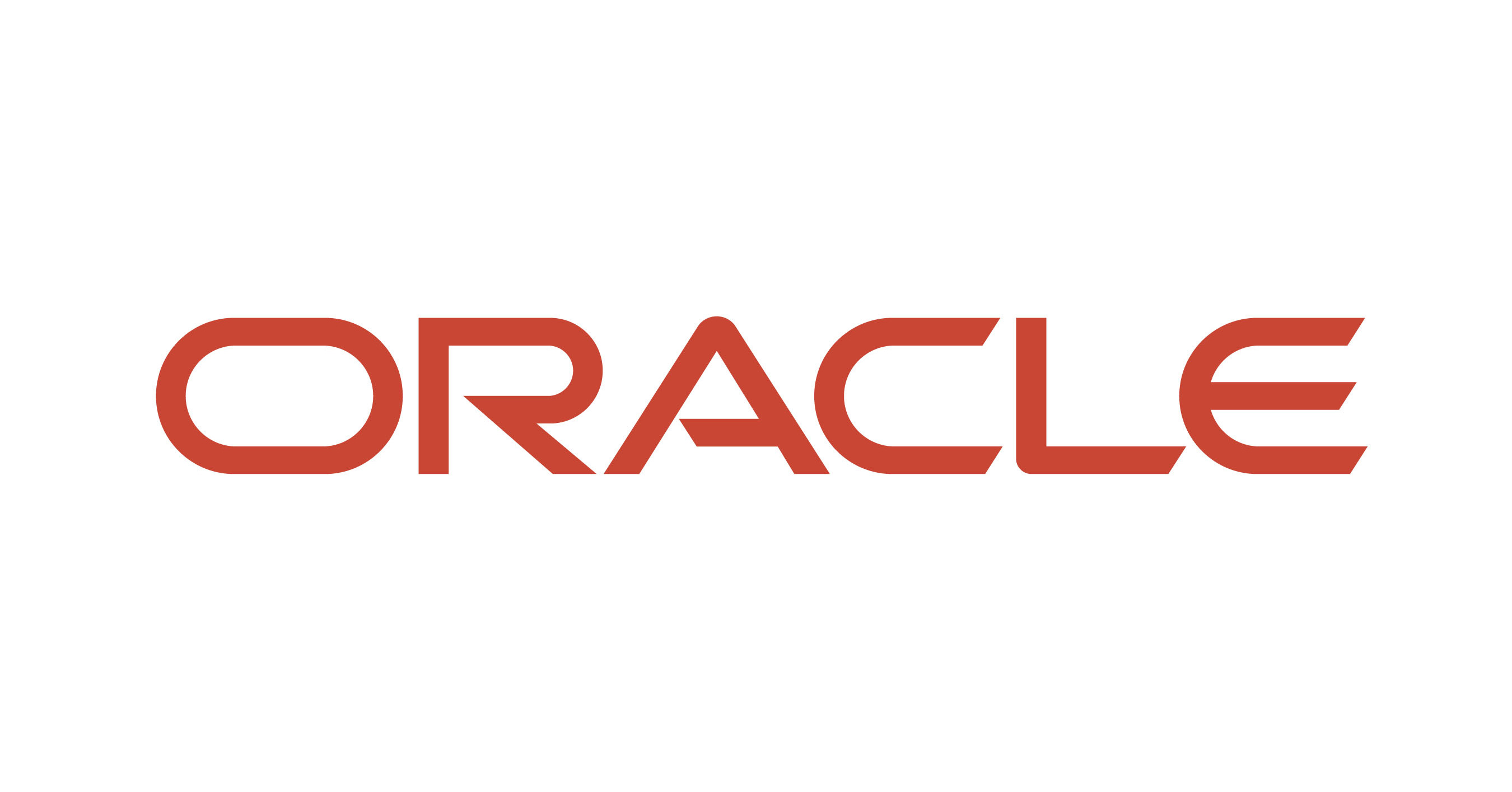
Oracle is another popular ERP system that can be integrated with Salesforce. By integrating Oracle with Salesforce, businesses can improve their overall efficiency and better understand their operations. Salesforce's powerful APIs make integrating Oracle data into the Salesforce environment easy.
Integration with Microsoft
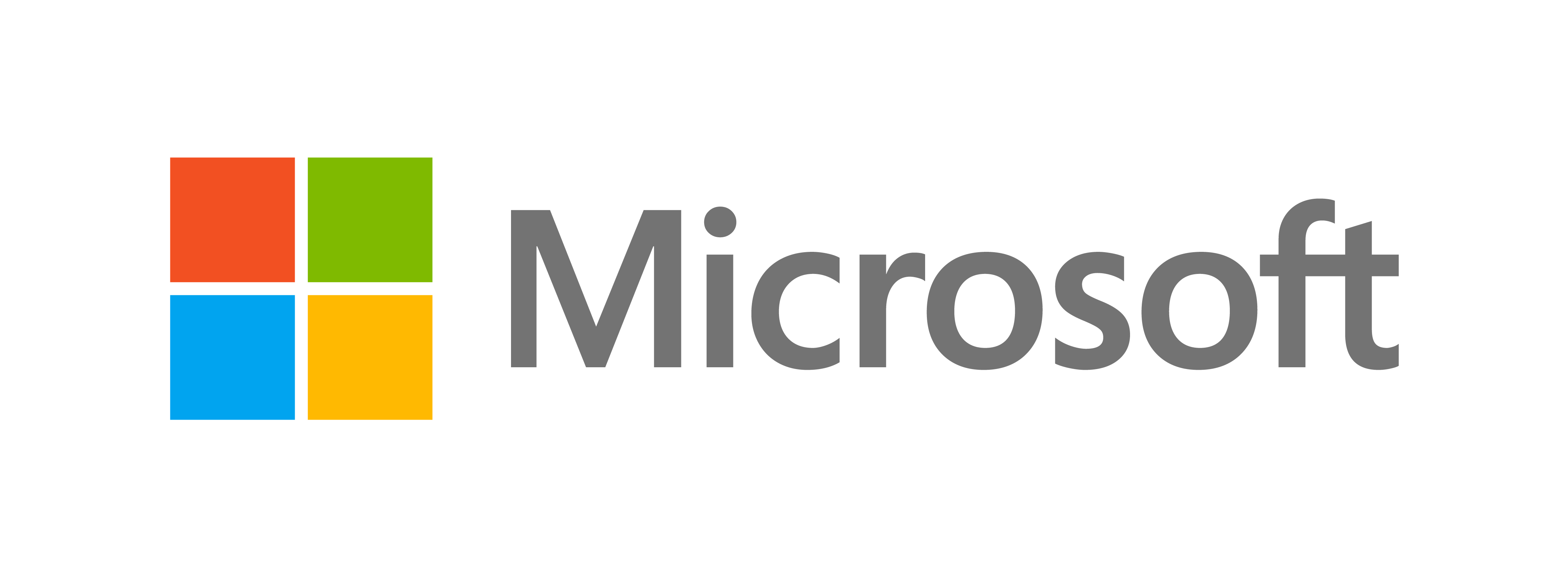
Microsoft is another widely used ERP system that can be integrated with Salesforce. By integrating Microsoft with Salesforce, businesses can better understand their operations and improve their overall efficiency. Salesforce's powerful APIs make integrating Microsoft data into the Salesforce environment easy.
Integration with HR Systems
Integrating HR systems with Salesforce can help businesses centralize employee profiles, content, and access to apps in one tailored workspace. This integration can help empower employees to help themselves with a self-service help desk. Salesforce's powerful APIs make integrating HR data into the Salesforce environment easy.
Overall, integrating ERP and HR systems with Salesforce can help businesses optimize their operations and better understand their organization. With services like Polyuno, businesses can easily automate the transfer of data between systems, reducing manual data entry and improving overall efficiency.
Advanced Salesforce Integration Features
Salesforce is a powerful platform for businesses of all sizes, but its true potential is unlocked when integrated with other systems. This section will explore some of the advanced Salesforce integration features that can take your business to the next level.
Scalability of Salesforce
One of the key benefits of Salesforce is its scalability. As your business grows, Salesforce can grow with you. This is made possible by the Salesforce Platform, which allows you to build custom apps and integrations that can be scaled to meet your changing needs.
Integration with Marketing Cloud
Salesforce Marketing Cloud is a powerful marketing automation platform that can help you engage with your customers across multiple channels. When integrated with Salesforce, Marketing Cloud can provide a 360-degree view of your customers, allowing you to deliver personalized experiences at scale.
One of the key benefits of integrating Salesforce with Marketing Cloud is the ability to leverage Datorama. Datorama is a marketing intelligence platform that allows you to unify your marketing data, visualize insights, and take action on your data. By integrating Salesforce with Datorama, you can better understand your customers and optimize your marketing campaigns for maximum impact.
In conclusion, Salesforce integration is a powerful tool that can help businesses of all sizes streamline their operations, improve their customer experiences, and drive growth. By leveraging advanced Salesforce integration features like scalability and integration with Marketing Cloud, businesses can unlock the full potential of the Salesforce platform.
Salesforce for Small Businesses
Salesforce, a leading CRM software, offers a comprehensive suite of tools that can streamline processes, automate tasks, and optimize customer interactions, irrespective of the business's size. Small businesses can benefit from Salesforce's services by utilizing the Salesforce Starter package, which offers specialized functionality, simplicity in setup, improved sales and marketing processes, data-driven decision-making, and more.
Streamlining Processes
Salesforce's services can help small businesses streamline their processes, allowing them to focus on their core competencies. Salesforce's dashboards provide a clear view of the business's performance, enabling small business owners to make data-driven decisions. Additionally, Salesforce's automation tools can reduce manual labor, freeing up time for small business owners to focus on other aspects of their business.
Leadership and Salesforce
Salesforce's services can also help small business owners become better leaders. Salesforce's dashboards can help small business owners identify areas of their business that need improvement, allowing them to make informed decisions. Salesforce's automation tools can also help small business owners delegate tasks, allowing them to focus on more critical aspects of their business.
In conclusion, Salesforce's services can provide small businesses with the tools they need to streamline their processes, optimize customer interactions, and become better leaders. Small businesses can benefit from Salesforce's services by utilizing the Salesforce Starter package, which offers specialized functionality, simplicity in setup, improved sales and marketing processes, data-driven decision-making, and more.
Customizing Salesforce Integration
Salesforce Integration can be customized in various ways to meet specific business needs. Using pre-integrated apps or building custom apps with the point-and-click app builder, businesses can tailor their Salesforce Integration to fit their unique requirements.
Using Pre-Integrated Apps
Salesforce offers a wide range of pre-integrated apps that can be easily integrated into an existing Salesforce environment. These apps are designed to work seamlessly with Salesforce and can be customized to fit specific business needs. Some popular pre-integrated apps include:
- ActiveCampaign: Connect ActiveCampaign and Salesforce to quickly identify and nurture leads throughout the sales cycle by leveraging industry-leading automation.
- Dropbox: Sync documents to keep files updated and organized with the Dropbox and Salesforce integration.
By using pre-integrated apps, businesses can save time and resources while still achieving their integration goals.
Point-and-Click App Building
For businesses with more complex integration needs, the point-and-click app builder can be used to create custom apps that integrate with Salesforce. This tool allows users to build custom apps without the need for coding or development expertise. With the app builder, businesses can create custom apps that:
- Access specific data: Users can choose which data to access and how it is displayed within the app.
- Use models: Users can create data models that define how data is structured and related within the app.
A point-and-click app builder is a powerful tool that can help businesses achieve their integration goals without the need for extensive development resources.
In conclusion, Salesforce Integration can be customized to meet specific business needs using pre-integrated apps or the point-and-click app builder. Businesses can achieve their integration goals by tailoring their Salesforce Integration Integration while saving time and resources.
Salesforce and Third-Party Integration
Salesforce is a powerful platform that can be integrated with various third-party apps to enhance its functionality. This integration allows businesses to streamline processes, improve workflows, and increase productivity. This section will discuss two essential aspects of Salesforce integration: Integration with Slack and Authentication in Salesforce.
Integration with Slack
Slack is a popular messaging app that is used by many businesses to communicate with their teams. Integrating Salesforce with Slack can help businesses to manage their sales and customer support processes more efficiently. The Salesforce-Slack integration allows users to receive notifications, collaborate with their team members, and access Salesforce records directly from Slack.
Authentication in Salesforce
Authentication is a critical aspect of Salesforce integration. It ensures that only authorized users can access the Salesforce platform and its data. Salesforce provides various authentication options to its users, including username and password, single sign-on, and social sign-on.
Data integration is another important aspect of Salesforce integration. With Salesforce's data integration tools, businesses can bring together disparate systems and build a unified view of their customers. This integration allows businesses to access and analyze customer data from various sources, including external ERP, supply chain, HR, or on-premises software like SAP, Oracle, and Microsoft.
In conclusion, Salesforce integration with third-party apps can help businesses streamline their processes, improve their workflows, and increase productivity. Integrating Salesforce with Slack and using authentication options are essential for businesses to efficiently manage their sales and customer support processes. With the right tools and strategies, businesses can unlock the full potential of Salesforce and transform the way they work.
Conclusion
In conclusion, integrating with Salesforce can provide numerous benefits for businesses across various industries. It enables organizations to streamline their processes, increase efficiency, and improve customer satisfaction.
For businesses with complex supply chains, Salesforce integration can help to optimize their operations. By connecting Salesforce with supply chain management systems such as SAP or Oracle, businesses can gain real-time visibility into their inventory levels, production schedules, and shipping information. This can lead to better decision-making, reduced costs, and improved customer service.
Moreover, integrating with Salesforce can also help businesses to leverage the power of other enterprise software solutions such as Microsoft Dynamics. This can enable organizations to seamlessly share data between different systems, automate workflows, and improve collaboration across teams.
In summary, integrating with Salesforce can be a game-changer for businesses looking to improve their operations and drive growth. Organizations can gain a competitive edge in their respective markets by leveraging the power of Salesforce and other enterprise software solutions.
Software Development Services from Polyuno
Polyuno is a full-stack software development company that offers a wide range of services to help businesses of all sizes and industries achieve their goals. With an expert team of developers with 10+ years of experience, Polyuno is adept at building websites, web applications, and custom software tailored to each client's unique needs.
Polyuno's team is agile and understands the design thinking process, which enables them to deliver work of the highest quality within tight deadlines. They use the latest technologies and industry standards to ensure that their solutions are secure, scalable, and future-proof.
Some of the software development services that Polyuno offers include:
- Salesforce and Service Now Integration: Polyuno provides complete Salesforce application development services to optimize organizational flow, increase ROI, and generate revenue for customers of all sizes and industries. They specialize in consulting, custom development, mobile app development, and integration with Sales Cloud, Service Cloud, Salesforce Lightning, and Marketing Cloud.
- Custom Software Integration: Polyuno provides custom software integration services for businesses of all sizes and industries. Their team of expert developers and integration specialists collaborate closely with clients to comprehend their distinct needs and create tailored solutions to meet them.
- App Development: Polyuno offers app development services for both iOS and Android platforms. They use the latest technologies and industry standards to ensure that their apps are secure, scalable, and future-proof.
Polyuno's commitment to quality and customer satisfaction has earned them a reputation as a trusted partner for businesses looking to achieve their digital transformation goals. If you're looking for a reliable and experienced software development company, Polyuno is an excellent choice.
Contact Polyuno Today
To learn more about Polyuno's software development services and how they can help your business achieve its goals, visit their website or contact them today.


